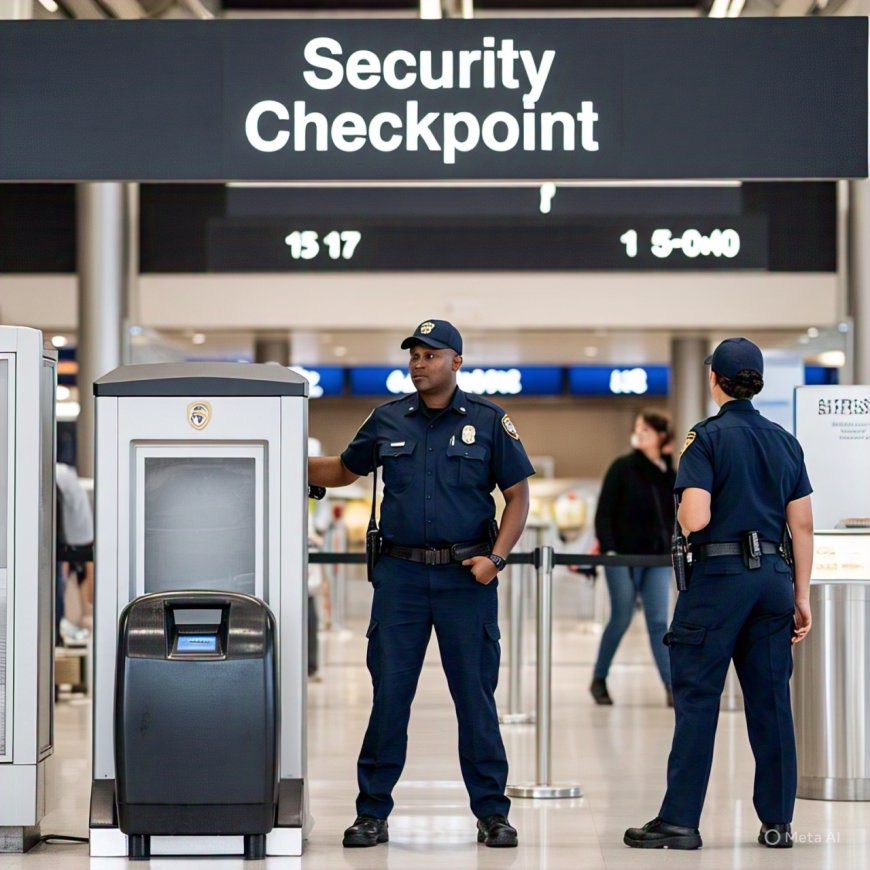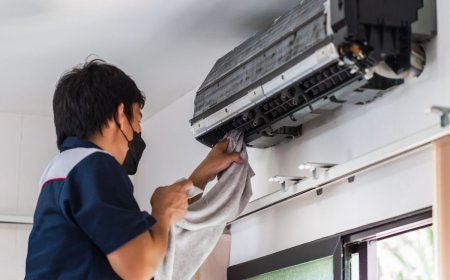The Role of Security Guards in Airport Security

Why Airport Security Is a Top Priority
Airports are considered high-risk areas due to the volume of passengers, sensitive equipment, and potential threats. Maintaining top-tier security is not just about complying with aviation laws—it’s about safeguarding lives and critical infrastructure. The presence of trained security guards acts as a frontline defense against illegal activities such as smuggling, terrorism, and unauthorized access.
How Security Guards Support Airport Safety
Security guards perform constant surveillance and foot patrols to detect suspicious behavior. They maintain order during crowd surges, respond to alarms, and manage access to restricted zones. Their presence is not only preventative but also provides rapid response capabilities in the event of emergencies. These professionals bridge the gap between airport personnel and law enforcement, enhancing operational efficiency and safety.
Access Control and Identification Verification
A major function of airport security guards is to regulate access. They monitor checkpoints, verify identification, and ensure only authorized personnel enter secure areas. This prevents potential intrusions and helps in managing passenger flow. With increasing global travel, having security guards at access points helps enforce compliance with aviation regulations and national safety standards.
Handling Emergencies and Crisis Situations
In the event of a fire, bomb threat, or medical emergency, trained security guards are among the first to respond. They know how to handle evacuations, direct passengers, and communicate effectively with emergency services. Their training includes crisis communication, crowd control, and first aid—skills that are indispensable in fast-paced airport environments.
Surveillance and Monitoring Responsibilities
Security guards are responsible for monitoring CCTV footage, alarm systems, and other surveillance tools. This constant oversight helps in detecting threats early. Surveillance duties also extend to checking for unattended baggage or monitoring parking lots for suspicious activity. The guards act swiftly if something out of the ordinary is identified.
Preventing Unauthorized Access and Intrusions
Airports have multiple layers of security. One of the key duties of a security guard is to prevent breaches into secure zones like runways, control towers, and baggage handling areas. Guards use a mix of manual checks, ID scanning devices, and alertness to maintain these secure boundaries.
Customer Assistance and Public Relations
Apart from their protective duties, airport security guards also assist travelers. They help with directions, respond to inquiries, and create a safe and reassuring atmosphere. This soft skill aspect of their job builds public trust and ensures passengers feel secure throughout their journey.
Coordination with Law Enforcement Agencies
Security guards don’t work in isolation. They coordinate with customs officers, local police, and federal agencies for various operations. Whether it’s assisting in an investigation or aiding in arrest protocols, their ability to work alongside law enforcement is vital for cohesive airport security.
Static Security as a Reliable Airport Measure
Many airports rely on static security solutions to monitor entrances, gates, and terminals. These guards maintain their post at strategic locations for constant supervision. Companies offering such services ensure that personnel are well-trained and licensed. One such provider known for delivering expert solutions for airport and infrastructure protection is available at this airport security partner.
Technology and Security Guard Integration
Modern airports integrate high-end technology like biometrics, face recognition, and motion sensors. However, the human element remains irreplaceable. Security guards operate and supervise these tools to ensure accurate results. The combination of human intuition and technology makes airports more secure and responsive to threats.
Security Screening Assistance
Security guards assist with passenger and baggage screening processes. They ensure travelers follow protocols, remove prohibited items, and understand security measures. Their role ensures that the screening process is both smooth and compliant with international safety regulations.
Deterrence of Criminal Activities
The visible presence of security guards acts as a strong deterrent to potential criminals. Whether it’s theft, vandalism, or more severe threats, the risk of being caught discourages wrongdoers. Guards’ knowledge of behavioral cues and quick reaction times help reduce such activities.
Importance of Professional Security Providers
It’s essential that airport authorities partner with reputable security companies that understand aviation-specific requirements. Trained personnel who know how to manage high-traffic environments and advanced protocols are key. For instance, a leading firm in Australia offering customized airport protection solutions can be found here, ensuring both expertise and dependability.
Adapting to Evolving Threats
Security threats evolve constantly. Airport security guards must undergo regular training to stay up-to-date with new procedures and global threat patterns. Whether it’s cyber-threat awareness or handling post-pandemic travel challenges, adaptability is a necessary trait for modern security professionals.
Training and Certification Requirements
Airport security guards are required to undergo specialized training programs. These often include first aid, fire safety, communication skills, and crisis response. In many countries, guards must be licensed and continue their education through refresher courses. This ensures they stay equipped to protect lives and property at all times.
Frequently Asked Questions (FAQs)
Q1: What are the main duties of airport security guards?
They monitor access points, conduct surveillance, assist with emergencies, and coordinate with law enforcement.
Q2: Are airport security guards different from TSA agents?
Yes, TSA agents work for government agencies while security guards are often hired by private firms for specific roles.
Q3: Do security guards carry weapons at airports?
This depends on local regulations. Some guards may be armed, while others use non-lethal tools for protection.
Q4: How do security guards respond during a threat?
They follow emergency protocols, alert authorities, manage crowds, and help evacuate people safely.
Q5: Can security guards arrest someone at an airport?
They can detain individuals until law enforcement arrives, depending on legal jurisdiction and situation.
Q6: Are airport security guards trained in handling terrorism threats?
Yes, they receive training to detect, report, and respond to terrorism-related activities.






































































